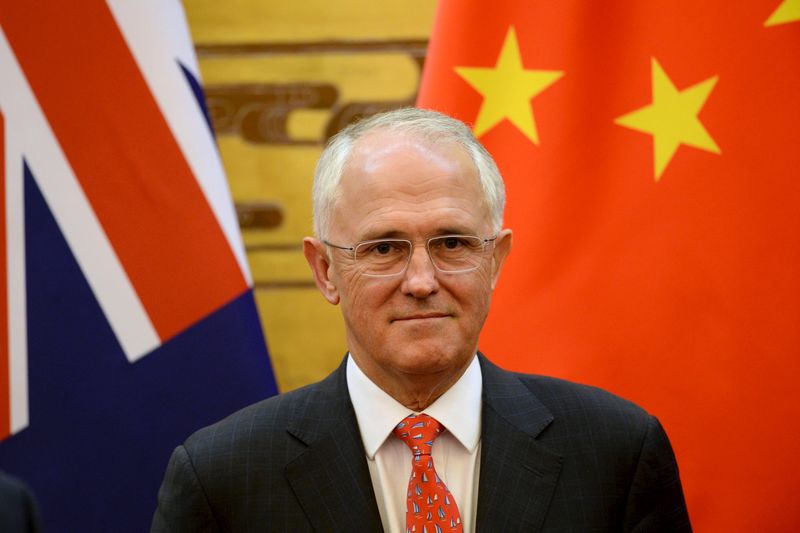Street Calls of the Week
SYDNEY, June 8 (Reuters) - The Australian government on Friday wound back its controversial proposed foreign interference laws as it urgently tries to win parliamentary support for the bill ahead of key "super Saturday" by-elections that are critical for the ruling coalition.
The proposed espionage laws have already strained Australia's relations with China, with Beijing perceiving itself as a direct target.
The government said on Friday that the Foreign Influence Transparency Scheme would focus on people acting on behalf of foreign governments and political organisations, including state-owned enterprises.
That means that executives and lobbyists connected to private multinational companies would be spared from requirements to register as foreign agents.
Andrew Hastie, a member of the ruling Liberal Party and the chairman of parliament's joint intelligence and security committee, said it was critical to get the proposed laws in place ahead of a series of federal by-elections on July 28.
Hastie pointed to Australia's membership in the Five Eyes intelligence alliance, saying that made the country a "soft underbelly" for authoritarian regimes seeking to steal U.S. secrets.
"We should consider ourselves a target and it's really important we build resilience into our political system," Hastie told Australian Broadcasting Corp radio.
"It's really important we have these laws passed, enacted and operational."
While Hastie denied the bill targets China in particular, previous comments by Prime Minister Malcolm Turnbull and Foreign Minister Julie Bishop about China's influence have angered Beijing. Minister Steven Ciobo last month became the first elected Australian official to travel to China in more than seven months, but he was largely shunned during his three-day visit. diplomatic freeze is also affecting big business. Australia's major winemakers earlier this week held crisis talks, urging Turnbull to visit China to resolve the tension, which they blame for export delays.
